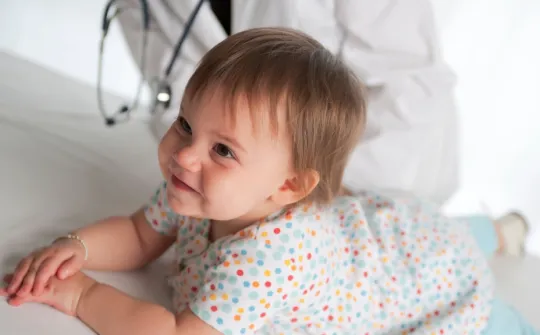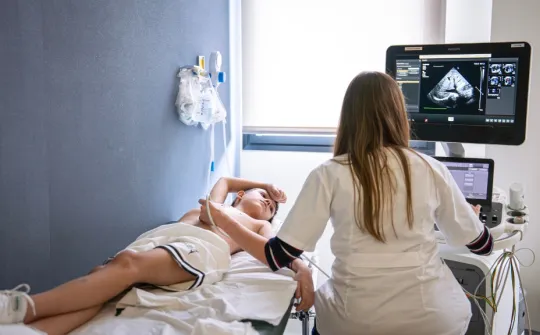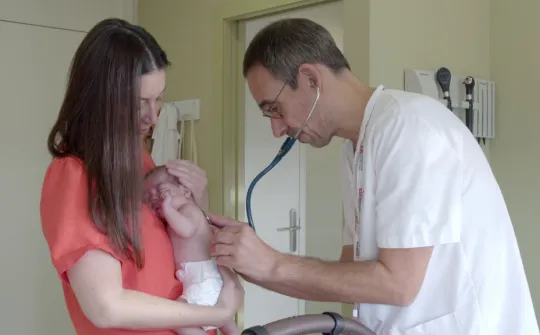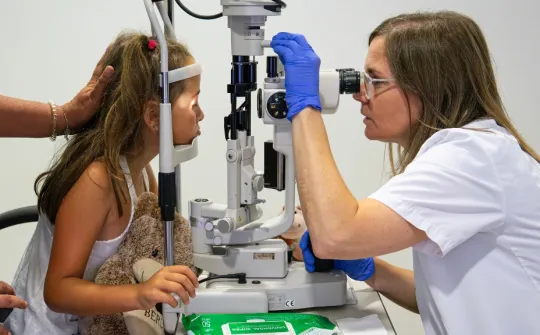A pediatrician from SJD Barcelona Children's Hospital has managed to secure a medication that was not prescribed in Europe to be given to children with tuberculosis in Spain
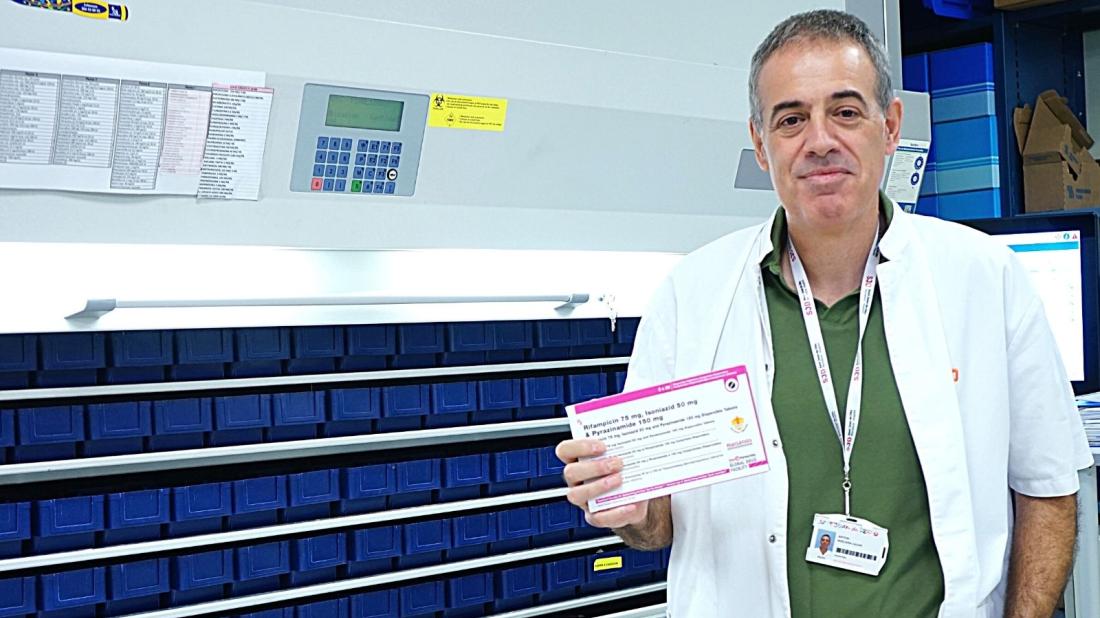
Negotiations have been underway for over four years with the pharmaceutical company and with the Spanish Agency of Medicines and Medical Devices (AEMPS) to find a way that would overcome the administrative and regulatory obstacles to import this drug.
Tuberculosis is a very uncommon disease in Spain. Currently, it is only contracted by four in every 100,000 children who, in most cases, recover following treatment with drugs for between four and eight months.
In the case of children under five, this treatment is difficult to follow because it entails taking a cocktail on an empty stomach of up to four drugs, most of which are only available in tablets that their parents must grind and mix with water, and, to make matters worse, the mixture does not taste very nice.
For several years, an Indian pharmaceutical company has been marketing a tablet that concentrates all of these drugs in a single tablet, which has a fruity taste (more enticing for children) and that dissolves easily in water. Paradoxically, this new formulation, which costs very little because it is made from unpatented drugs, is marketed in low-income countries (where tuberculosis is very prevalent), but not in Europe or the United States.
The reason for this are the requirements that European and American drug agencies have established. “The company must fulfil a number of requirements that are not related to the security or efficacy of the drug. Money must be invested to deal with complex, costly regulatory and administrative matters. For example, the regulations require separate packaging and a summary of product characteristics for each European country. Given that tuberculosis is very rare in Europe, this does not make financial sense to the pharmaceutical company”, explained Ton Noguera, a pediatrician at SJD Barcelona Children's Hospital who also specialises in tuberculosis.
This doctor, head of the Hospital’s Tuberculosis Unit where around fifty children are treated for tuberculosis every year, moved heaven and earth to overcome all of these obstacles and enable his patients to be prescribed these dispersible tablets. Over the past four years, he has contacted several scientific associations to make manifest his claim that children in Spain should be able to receive the new formulation and, in cooperation with the Indian pharmaceutical company and the heads of the AEMPS, to find alternative ways for importing the new drug.
In the end, he managed to do so. Since last August, any pediatrician in Spain may request the drug for a patient: they just have to fill in an application form so that the AEMPS authorises it for “use as a foreign drug”, and the tablets arrive two or three days later at the hospital in question and are dispensed free of charge to the patient’s family. This is the standard procedure used to obtain drugs that are not available, which are often very new, that the experts at the AEMPS have found to be able to provide children in Spain with tuberculosis with the dispersible tablets.
The initiative taken by the pediatrician Ton Noguera has now aroused the interest of other doctors across Europe and some international organisations such as the World Health Organization and Doctors Without Borders, who have contacted him to find out more about this initiative and look into how they can take similar actions in their respective countries.
